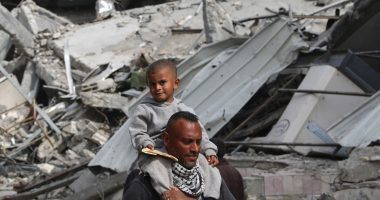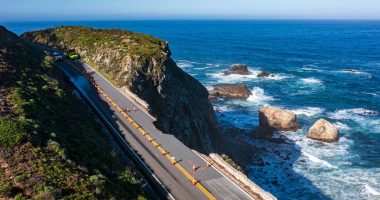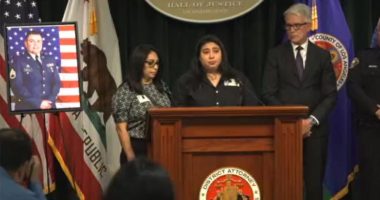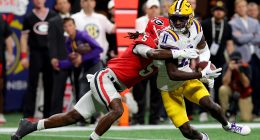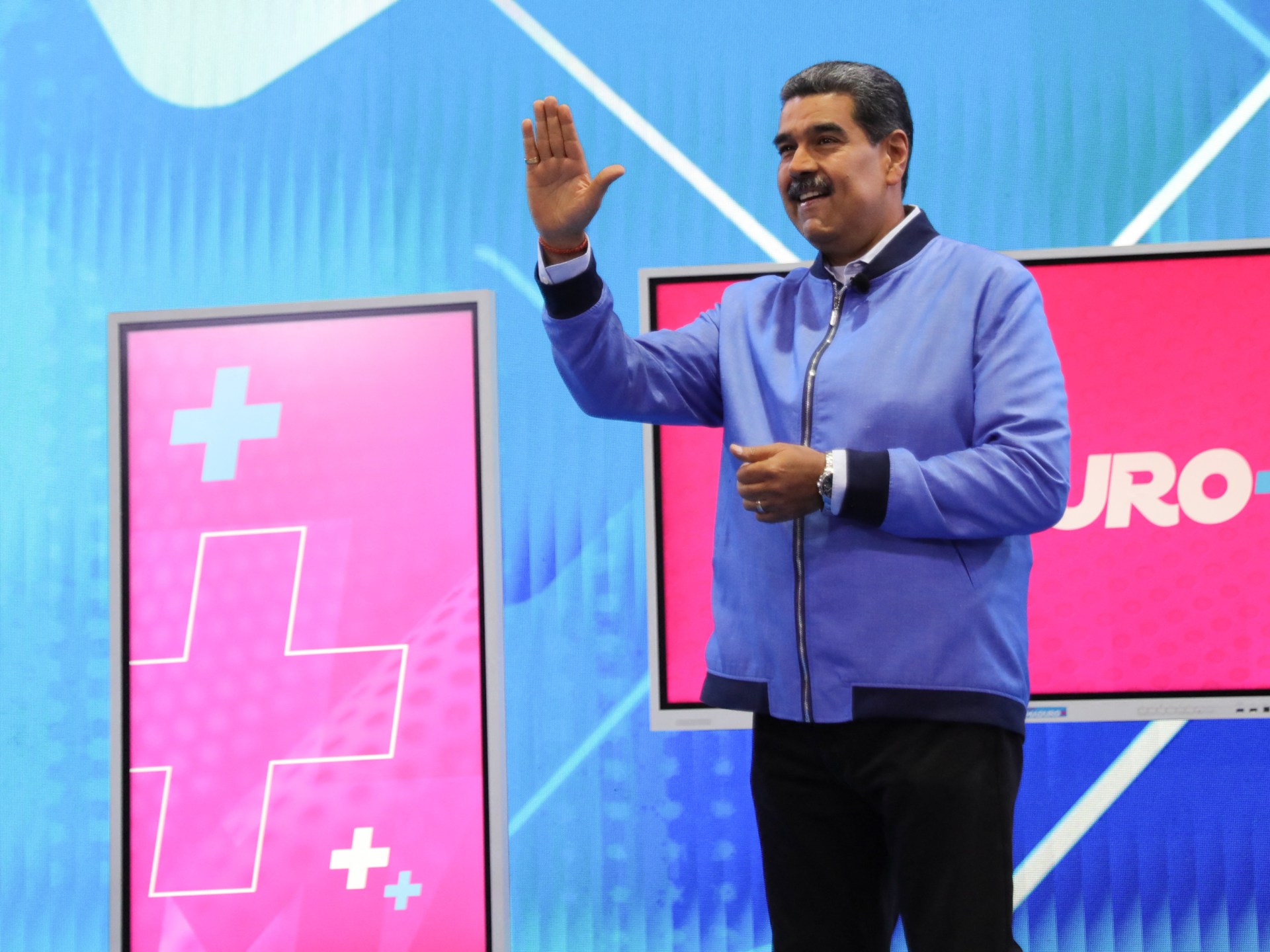
The ruling party has selected the president to seek a third successive term in July 28 elections.
Venezuela’s ruling party has selected President Nicolas Maduro to run as its candidate in the country’s upcoming elections.
The decision by the United Socialist Party of Venezuela (PSUV) was announced late on Monday by Diosdado Cabello, considered the number two in the ruling movement, which was founded by the late Hugo Chavez and has been in power for 25 years. Maduro will now seek a third successive term as president in the vote on July 28.
Maduro, 61, has been widely expected to seek re-election in a vote from which his main opposition challenger has been barred from running.
“We will continue to travel throughout our country in the construction of more and more force and citizen organization to achieve electoral victory this year,” Maduro said in his weekly television program after Cabello’s announcement on X, to which he made no reference.
A formal PSUV announcement had been scheduled for March 15.
Seré breve: A comprar alpargatas que lo que viene es joropo, las bases del PSUV decidieron, Nicolás Maduro candidato presidencial, 4.240.032 participaron. Unidos Nosotros Venceremos!! pic.twitter.com/DIVGhNstmc
— Diosdado Cabello R (@dcabellor) March 11, 2024
Cabello wrote on X that 4,240,032 people are participating in the vote. “United we will win!!” he wrote.
Maduro’s re-election to a six-year term in 2018 – widely considered fraudulent – was not recognised by the United States and dozens of other countries, and was met with a string of sanctions.
Many countries instead recognised his poll rival Juan Guaido as interim president.
Four years later Maduro is still firmly in charge of the oil-rich nation after his rival’s shadow government collapsed and the war in Ukraine choked energy supplies and shifted global priorities.
He enjoys support from a political patronage system and the military, as well as Cuba, Russia and China.
‘Mortally wounded’
Last week, Venezuela’s National Electoral Council (CNE) announced elections will be held on July 28 in the South American country, which remains in dire economic straits.
That came after Maduro’s government and the opposition agreed in Barbados last year to hold a free and fair vote in 2024, with international observers present and opposition candidates allowed to appeal court rulings disqualifying them from holding office.
The agreement saw the United States ease sanctions against Venezuela, allowing US-based Chevron to resume limited crude extraction and leading to a prisoner swap.
Since then, however, the Supreme Court, loyal to Maduro, has upheld a 15-year ban on opposition primary winner Maria Corina Machado and others, prompting Washington to consider reimposing sanctions.
In January, Maduro said the Barbados agreement was “mortally wounded” after government authorities claimed to have foiled numerous US-backed plots to assassinate him.
Maduro has increased his public appearances in recent weeks, ahead of the electoral campaign period that will officially open on July 4.
The CNE said last week it had sent invitations to election observers from the European Union and United Nations, the US-based NGO The Carter Center, BRICS and the African Union, among others.
The vote will take place on the birthday of Maduro’s predecessor Chavez, who is still hailed by many Venezuelans as a revolutionary hero.
Presidential hopefuls can officially file their candidacy with the CNE between March 21 and 25.
Read More: World News | Entertainment News | Celeb News
Aljazera




